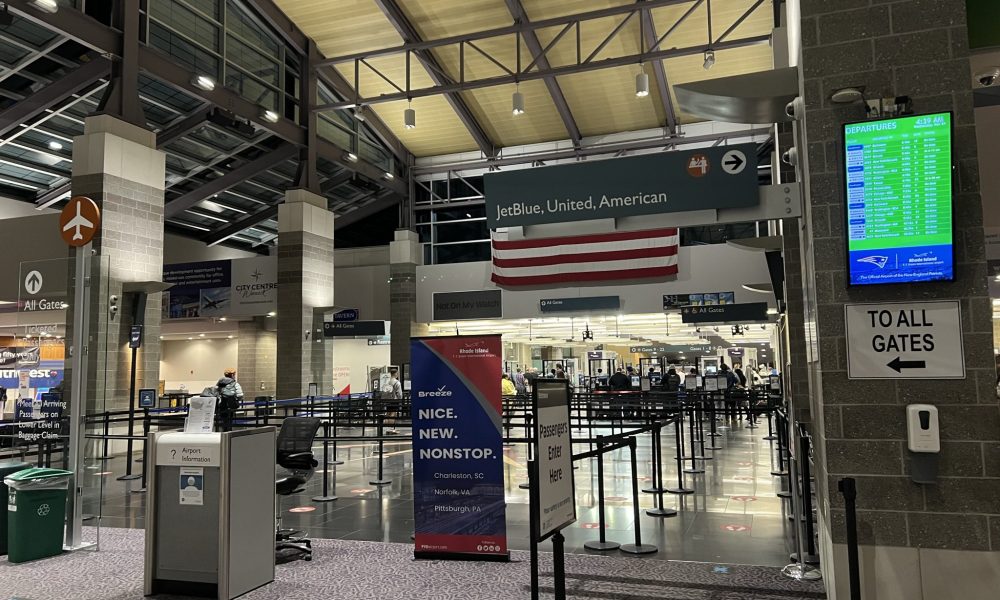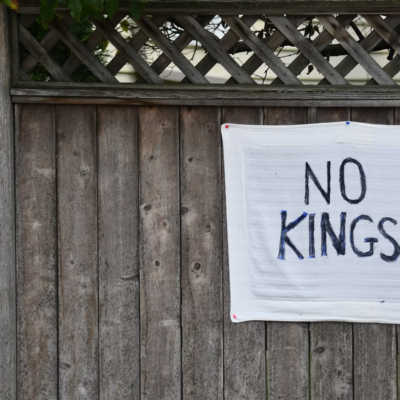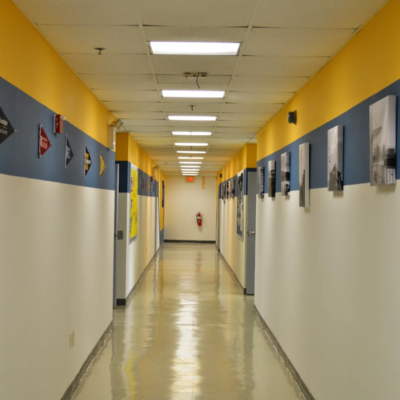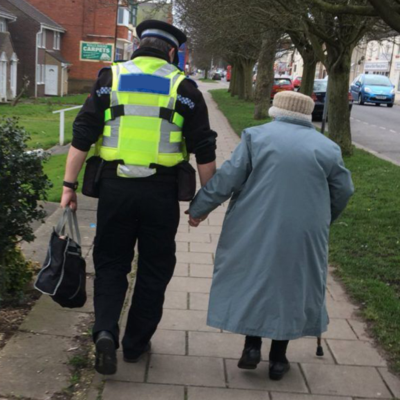Logan Airport Overnight Stays Ban Will Have Lasting & Harmful Effects on Massachusetts’ Homeless Population
Well insulated housing, air conditioning, free slurpee day at 7/11. All of these wonders of modern society make it easy to forget that the summer heat is not just an annual sign to dress in lighter clothing or a source of mild discomfort, but an ever present threat to your life. There is — despite your best efforts to ignore them asking for help on the side of the road or sleeping outside of South Station — a demographic of people who don’t have access to these luxuries and consider our increasingly hot summers as potentially life threatening.
In 2023 there were an approximate 2,302 heat related deaths in the U.S according to a report by the U.S Department of Health and Human Services, making excessive heat the most fatal extreme weather condition in the U.S — outranking tornados, hurricanes, thunderstorms, and floods. This number is also likely an underestimate due to the fact that heat is often hard to attribute as the sole cause of death: The U.S Global Climate Change Research Program states, ”It is generally accepted that direct attribution underestimates the number of people who die from temperature extremes, and that “heat-related deaths are often not reported as such if another cause of death exists.” The U.S Department of Health and Human Services lists three types of people who face higher risk of extreme heat related death/illness: those who have increased sun exposure, those who have increased biological sensitivity (age, pregnancy, or chronic diseases), and those facing socioeconomic burden — all of which are common states for people experiencing homelessness.
According to an annual report conducted by the U.S Department of Housing and Urban Development in 2023, roughly one in 370 Massachusetts residents were experiencing homelessness, which amounts to 19,141 people. At the time, 92.9% of those people were housed by Massachusetts’ shelter system — although that may change in future years in light of recent decisions by Massachusetts Governor Maura Healey and Congress.
As reported by the AP News, a new policy was put in place at Logan Airport by Governor Maura Healey this summer, which banned people experiencing homelessness from having overnight stays. The change was made because people have started using the airport as an impromptu shelter following changes to the shelter system, also made by Governor Maura Healey, over the past year 9 months. First, in October 2023, she made the decision to implement a 7,500 person limit on the amount of people who can be housed in Massachusetts shelter at any given time (via WBUR). Next, in April, as a compromise on a spending bill, a 9-month time limit was proposed for how long families are allowed to stay in Massachusetts emergency shelters (with the opportunity for two 90 day extensions).
Most recently on July 23rd, Maura Healey announced even more restrictions that the state will be putting in place on access to emergency shelters. Families that meet certain conditions will have priority placement in shelters; those include families who were given no fault evictions, who have medical necessity, who were victims of “sudden or unusual circumstances in Massachusetts” (i.e house fires and things of that nature), families that have newborn children, and families that include a veteran. Those who don’t meet these criteria will be placed in what the state is calling “temporary respite centers,” which they will only be allowed to stay at for up to five days. This most recent set of changes will be put into place on August 1st.
One of the major causes for this recent influx of people struggling with extreme poverty in Massachusetts is due to immigration and the rest of the country’s passing of responsibility onto a select few states to handle — of which, Massachusetts is one. It’s becoming increasingly apparent to me, that one of the major roadblocks in the path towards a properly accommodated public is the banal notion that we must choose between the wellbeing of our residents and that of displaced migrants introduced into our communities. We do not have to choose. Billions of dollars are being spent building bridges in Cape Cod. Plans to introduce more homeless shelters are being rejected by residents because they think that incoming immigrants are violent criminals and that they will hurt our communities and residents. Homelessness in America is not an impossible problem to tackle. However, to work towards a solution we need to get our priorities in order and stop getting stuck on non-issues or flat out lies.










